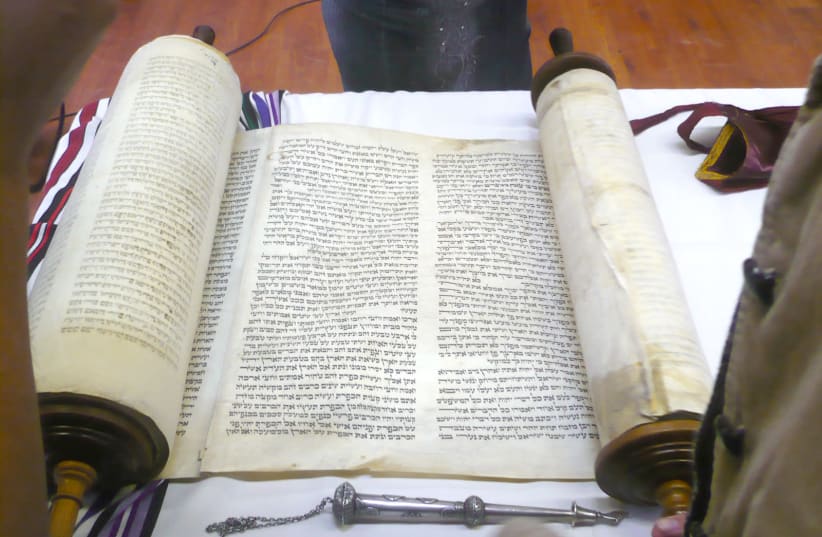The place in which it is probably the hardest to maintain hygiene and appropriate behavior is a war camp. The conditions are temporary and unseemly, the heart and the mind are focused on war, and impulses run amok. If we were to roam a war camp in the ancient world, we would likely find piles of trash strewn about, groups of soldiers drunkenly fighting one another, and others having their way with female prisoners of war.
This week’s Torah portion, Ki Tetze, is full of incredible, particular laws that uplift the smallest of details in life and the behavior of the individual with all those he comes into contact with, both humans and animals. Among other things, the Torah offers a revolutionary approach to war camps:
When a camp goes out against your enemies, you shall beware of everything evil… And you shall have a designated place outside the camp, so that you can go out there [to use it as a privy]. And you shall keep a stake in addition to your weapons; and it shall be, when you sit down outside [to relieve yourself], you shall dig with it, and you shall return and cover your excrement. For the Lord, your God, goes along in the midst of your camp, to rescue you and to deliver your enemies before you. [Therefore,] your camp shall be holy, so that He should not see anything unseemly among you and would turn away from you (Deuteronomy 23, 10-15).
We see three laws in these verses that are hard to imagine are mentioned in reference to a war camp:
1. Relieving oneself – only allowed outside the perimeter of the camp in a designated space.
2. In addition to weapons, a soldier must always carry a stake in order to be able to dig and cover his excrement.
3. In the camp, one must beware of any inappropriate sexual behavior, including inappropriate speech.
These verses make it obligatory, especially during times of war, to maintain a high level of hygiene, modesty and holiness because “the Lord, your God, goes along in the midst of your camp to rescue you and to deliver your enemies before you.” This verse expresses the change in approach that the Torah wishes to convey. The reality of war is that it lacks compassion and lacks order. Therefore, it instinctively seems like a place that is also devoid of God, which leads to a further lack of order, integrity and honesty. War is also seen as a situation in which courage takes center stage, so giving in to impulses and immediate needs is acceptable. On the contrary, the Torah teaches us that God is just as present in war, and perhaps even more than He is present in day-to-day routine. This presence necessitates a higher code of behavior in times of war and in war camps, where hygiene, integrity, modesty and impulse control must exist.
If this is the code of behavior for a war camp, all the more so for a synagogue. Inspired by these commandments, Halacha (Jewish law) has determined that during times and places when one is busy with prayer, one must maintain utmost purity and personal hygiene while keeping the environment suitable. The separation between genders in the synagogue does not stem from discrimination or disrespect of women, but rather from the obligation to maintain a high degree of modesty and holiness in God’s house of prayer.
Similar to the commandments relating to war camps, the parasha continues to describe commandments relating to compassionate and honest behavior while paying attention to the smaller details of life’s spheres. Even thousands of years later, these commandments remain relevant, and they have the power to uplift society, the law, and the economy and bring about a better world. ■
The writer is rabbi of the Western Wall and holy sites.

